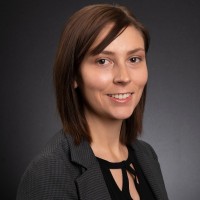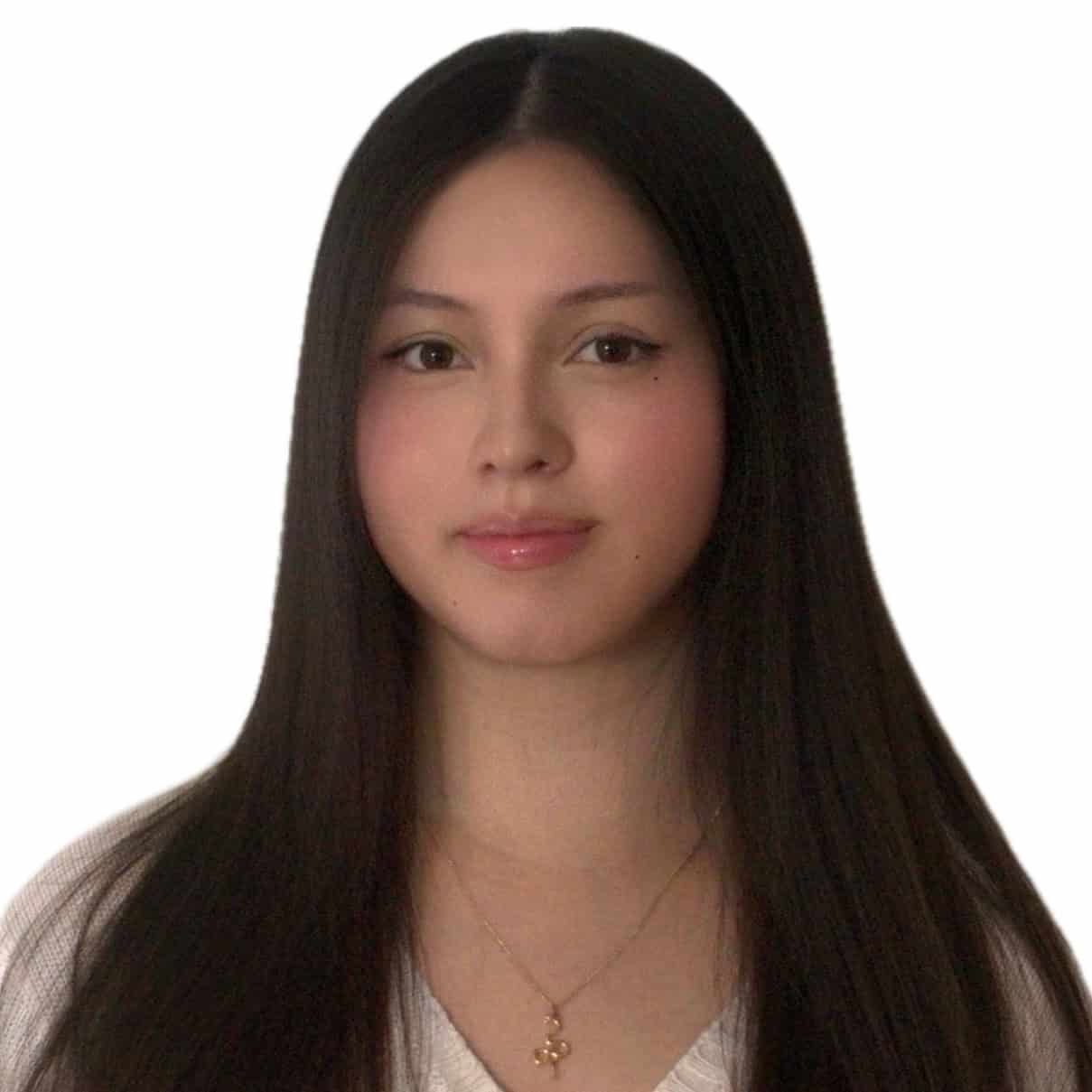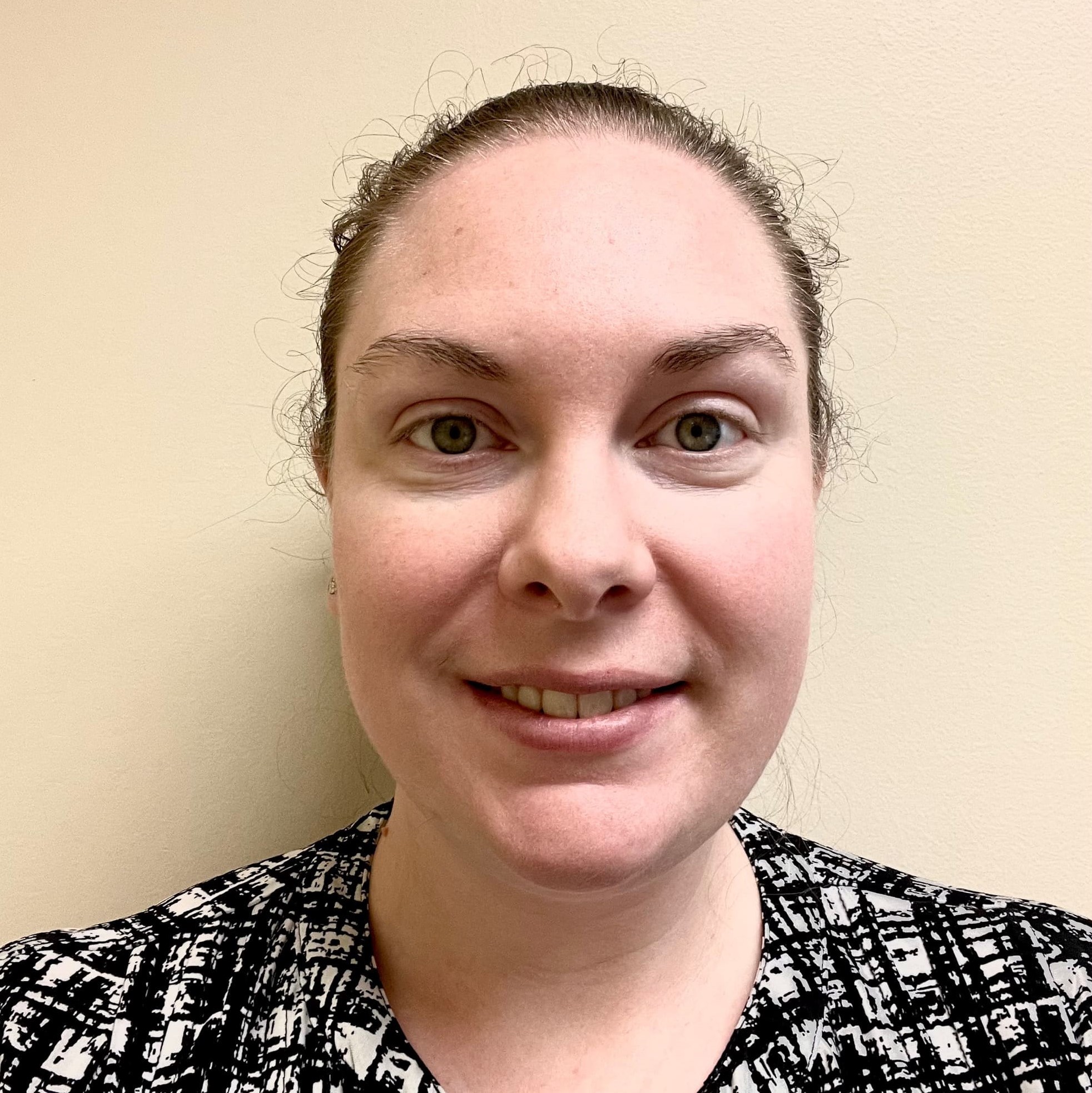
International & Areas Studies Advising
Advising resources for students studying International, Latin American, Middle Eastern, and Asian Studies
Meet Our Academic Advisors
Undergraduate Advisors
 |
Amanda Jarvis International & Area Studies Undergraduate Advisor envelope amanda.jarvis@utah.edu | About |
 |
Cindy Diaz Rey International & Area Studies Undergraduate Advisor envelope cindy.diazrey@utah.edu | About |
|
Drop-In Advising
|
Scholarship & Graduate Advisor
 |
Roxanna Lee Asian & Latin American Studies Scholarship & Grad Program Advisor envelope roxanna.lee@utah.edu |
We're Here to Help
As academic advisors, we are here to help you succeed as a student in International & Area Studies. As educators and problem solvers, we advocate for students as they navigate their personal journey of higher education and attain their academic goals. Through inclusion and connection, we open doors to new opportunities for self-awareness and growth, empowering students to define their roles as citizens within local and global communities.
Here are a few of the things we can help you with:
- Learn about university graduation requirements, including general education and bachelor's degree requirements
- Build a class schedule that accomplishes your academic goals and your timeline for graduation
- Explore academic options that support your personal and career interests
- Connect to university, college and department resources
- Build a foundation for a lifetime of success as a University of Utah College of Humanities alum
- Navigate university and departmental policies and procedures
Planning With a Purpose
You'll get more out of your appointment if you prepare a little beforehand. Here's what you should know:
As a Student, You Should Be...
✓ Prepared
Before your appointment, you should review a current Degree Audit report for your declared major, make a list of questions and goals for your appointments, and bring a tentative class schedule.
✓ Considerate
You should arrive on time to your appointment. If you cannot make your appointment, you should contact your advisor as soon as possible or reschedule online if possible.
✓ Professional
Refrain from using your cell phone during your appointment. Take notes and be attentive. If you are contacting an advisor through email, please use a proper salutation and signature and include your uNID.
✓ Independent
Plan to attend your appointment on your own. Spouses, parents, friends, and children can be distracting.
✓ Responsible
Take ownership of your education and your success. It is your responsibility to comply with university requirements and policies, monitor your Degree Audit and progress towards graduation, and accept the consequences of your academic and personal choices.
Your Advisor Will Be...
✓ Attentive
They will listen to your questions and concerns.
✓ Respectful
They will be considerate of your unique interests, abilities, and circumstances
✓ Accessible
They should be available for advising at a variety of times and in a variety of formats, including e-mail and phone.
✓ Informative
They will clearly explain degree requirements and clarify university regulations and policies. If your advisor doesn't have an answer, he or she will direct you to someone who does.
✓ Empowering
They will help you develop an individual course plan, refer you to campus resources, and connect you with academic and extra-curricular opportunities that support your personal and career interests.
Amanda Jarvis
Undergraduate Advisor
envelope amanda.jarvis@utah.edu
Education
M.A. in Middle East Studies (Emphasis: Persian),
University of Texas at Austin
H.B.A. in Middle East Studies (Emphasis: Persian),
University of Utah
Get to Know Amanda
Amanda Jarvis is from Utah and graduated from the University of Utah with a H.B.A. in Middle East Studies and a focus on Persian in 2015. She then attended the University of Texas at Austin and researched the role of leftist discourse Iranian-Venezuelan relations. She graduated with her M.A. in Middle East Studies from there in 2018. Since then, she has been working in different advising positions at Utah Valley University and now at the University of Utah.Canada, Mexico, and The Bahamas
Persian and Spanish
Armenian and/or Georgian
Learning another language helps you to become a better citizen of the world as well as your local communities. You’ll learn to see the world differently and understand more diverse groups. Learning another language also requires dedication and commitment which will help you in what ever fields you explore. Once you practice strategies for learning a language, you’ll likely see that quite a few subjects no longer seem so daunting. And of course, you’ll learn to laugh at yourself and realize you will make mistakes, but to keep going on.
I took a course about women in Iranian political history. It really changed the way I looked at how we write history, the sources we use, and the voices we center. I do not think any course prepared me quite as much for studying history at a graduate level.
Cindy Diaz Rey
Undergraduate Advisor
envelopecindy.diazrey@utah.edu
Education
B.A. in Political Science, Latin American Studies, Art History,
University of Utah
Get to Know Cindy
Cindy graduated from the University of Utah with a B.A. in Political Science, Latin American Studies, Art History, and a minor in Anthropology. During her undergraduate studies she researched environmental justice on rural and tribal communities and the politics of Indigenous identities. She is from Colombia and is very passionate about Indigenous history, art, and education.My international experiences have mostly consisted of traveling back and forth from U.S. and my home country, Colombia. I have also traveled to Canada in the past. I hope to travel to many new places in the near future!
I’m a native Spanish speaker and studied Quechua during my undergraduate studies. I have also studied Muysccubun, Korean, and Japanese.
I want to continue studying Muysccubun as it is closely related to my ancestors’ native language and is also actively being researched and revitalized.
Learning languages allows you to understand the historical, social, and cultural contexts of people around the world. To understand a language is to understand the values and perspectives of people across cultures and even across time. Being able to speak multiple languages has allowed me to develop relationships with people from diverse backgrounds, expanding my understanding of the world.
My most memorable course was a LEAP class focused on food justice. I learned about food sovereignty, environmental justice, community engagement, and agrarian movements across the globe. I also had the opportunity to volunteer at the Edible Campus Gardens and the Bennion Center. Although it’s been many years since I took this class, I still reflect on the valuable lessons it taught me.
